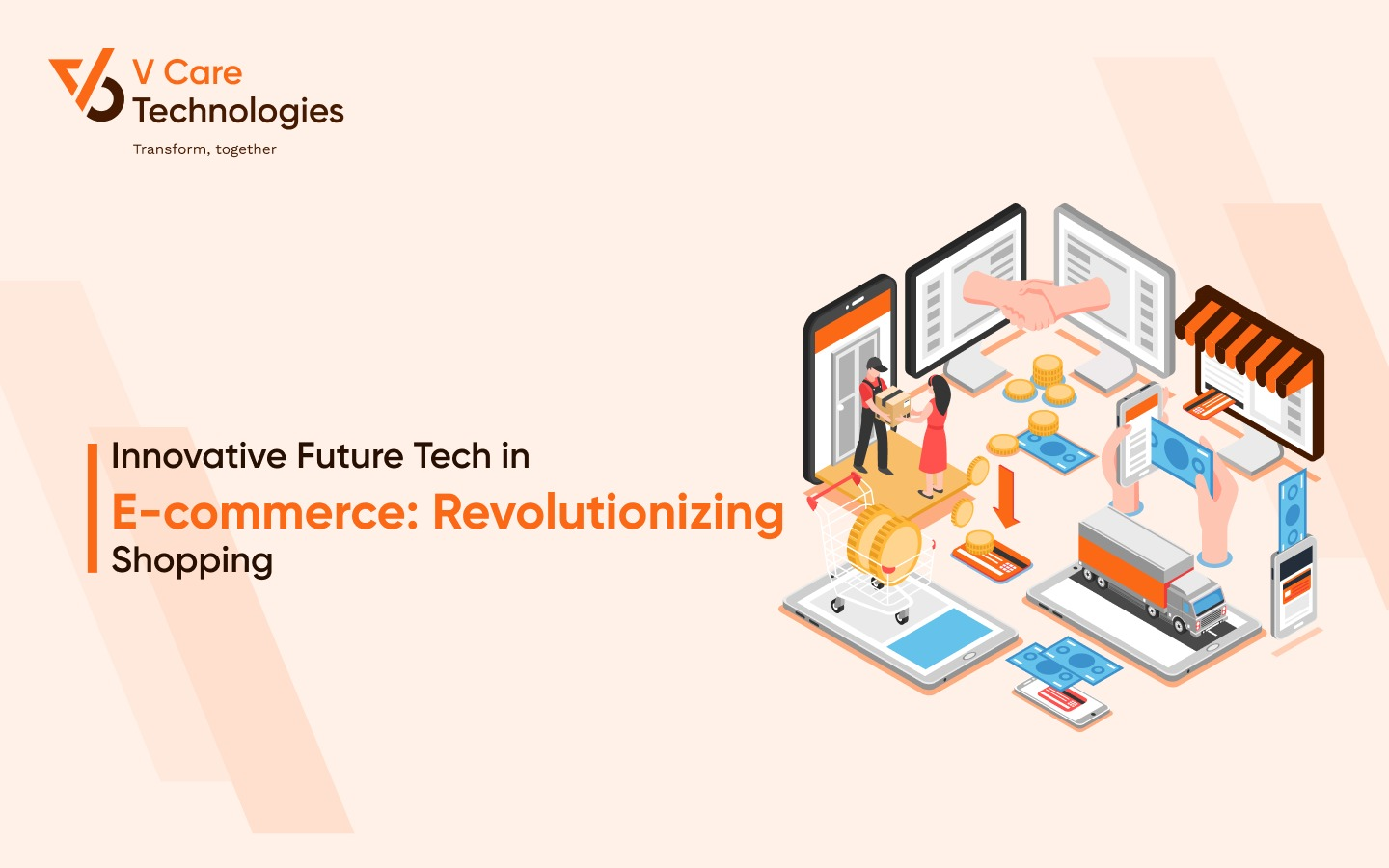Along with the rapid development of technology, the e-commerce industry continues to innovate and provide a more convenient, faster, and personalized shopping experience for customers. Various technologies such as AI, augmented reality (AR), blockchain, and autonomous delivery are increasingly shaping the way we interact with the online world. This article discusses advanced technologies that will further enrich the world of e-commerce in the future.
One of the biggest advances in e-commerce is the adoption of chatbots and virtual assistants based on artificial intelligence (AI). This technology allows retailers to provide 24/7 customer support, answer questions, and provide product recommendations quickly and efficiently. With the ability to process aIami language, chatbots not only solve technical problems but also suggest products that reIevan according to customer preferences, creating a more personalized and interactive experience. Amazon Dash Buttons and automated subscription services like those offered by some retailers allow customers to automatically order products, such as food or household items, before they run out of stock. This not only saves time and effort for consumers, but also increases customer loyalty and maintains closer business relationships.
One of the biggest advantages of AI technology in e-commerce is the ability to provide fully personalized customer experience. Based on data from a user’s purchase history and profile on the site, aIgoritme can automatically adjust homepage security and product recommendations. This means that every customer gets the security that suits their preferences and needs, increasing customer conversion and customer satisfaction.
E-commerce platform are increaingly AUME data analytic to undertand the client ‘ behavior. By analyzing the data in depth, retailers can identify trends and poIa that may not be apparent at first glance. This allows them to predict customer needs and offer more attractive products and promotions, maximizing potential sales.
The increasingly advanced logistics infrastructure enables faster and more efficient delivery of goods. With increasing customer demand for faster delivery, e-commerce in the future promises more same-day and next-day delivery. This not only increases customer satisfaction but also accelerates sales growth. Drone technology and ground delivery robots are developing rapidly. Both shipping methods promise to deliver goods in minutes, reducing shipping costs and speeding up product delivery. In the future, customers will be able to receive their orders faster and in more efficient conditions thanks to the use of this innovative delivery technology.
Augmented reality (AR) and virtual reality (VR) technologie will change the way we pend in e-commerce. Customers will be able to try out products virtually, moustache, by seeing how the fumitur will look in their homes or try on clothes without having to try it directly. AR provides greater customer safety and reduces customer hesitation in making purchasing decisions, which ultimately increases conversion rates and reduces product returns. With AR and VR, customers can more easily compare products, see differences in features directly, and make more informed purchasing decisions. This technology reduces the uncertainty often associated with online shopping, giving customers a clearer picture of the products they buy.
In addition to the aforementioned technologies, several other trends will also play an important role in the future of cryptocurrency e-commerce and frictionless payments the technology of crypto-based payments and frictionless systems will change the way customers conduct online transactions, increasing comfort and safety. AI will continue to evolve and improve customer safety by personalizing more aspects of business, including inventory management and automated decision-making processes. E-commerce integration with social media platforms will allow customers to shop directly on their favorite platforms, interact with brands, and even shop based on recommendations from friends or influencers.
Blockchain can revolutionize e-commerce transactions by providing a more secure and transparent platform for payments. This technology helps reduce Dafa’s fraud and budget risks, ensuring that transactions proceed more quickly and efficiently. Shipping ofonom offers great potential to reduce shipping costs and speed up delivery times. This technology will allow companies to optimize logistics and provide customers with more flexible delivery options.
Advanced technologies such as AI, AR, VR, blockchain, and autonomous delivery will continue to drive innovation in the e-commerce industry. With more personalized security, faster delivery, and greater integration between technology and customer experience, the future of e-commerce is promising. Businesses that adopt this technology will benefit greatly, increase customer satisfaction, and remain competitive in an increasingly digitized market.

